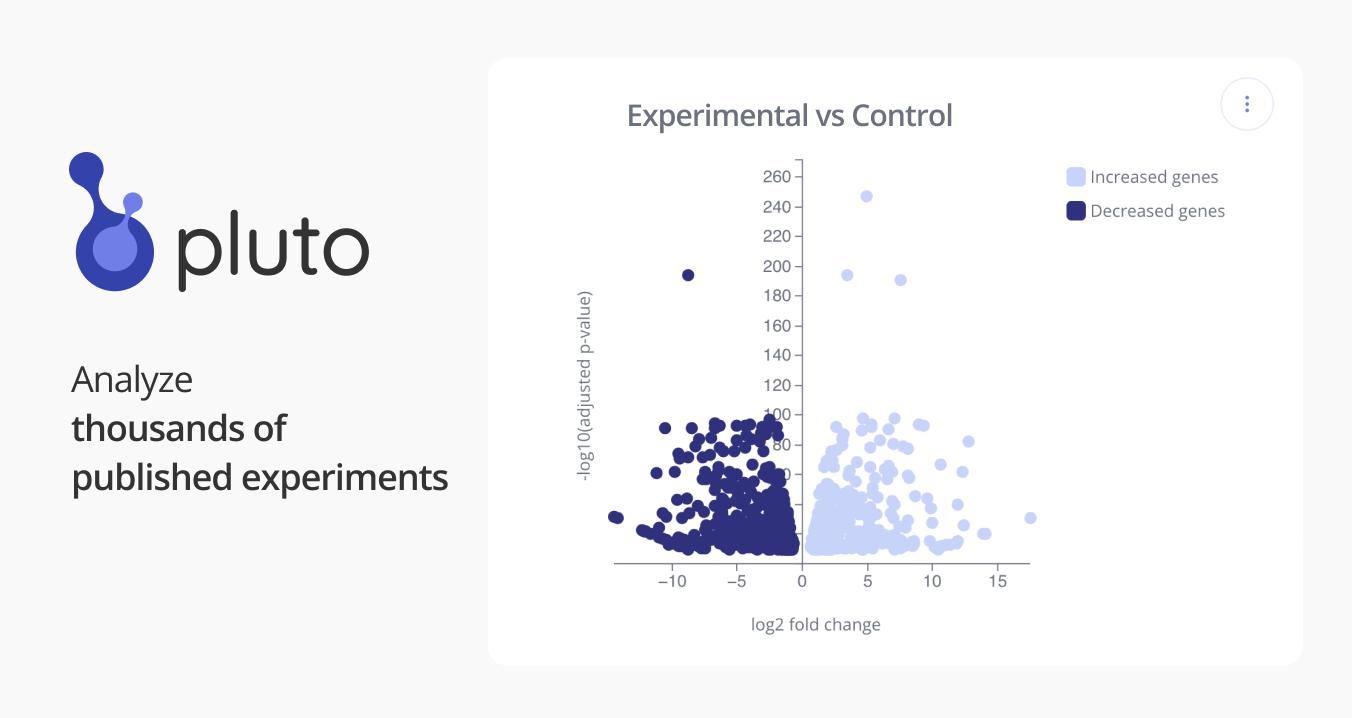Pluto Bioinformatics
GSE113707: Postprandial FGF19 signaling-induced phosphorylation of FXR by Src modulates its activity in bile acid homeostasis
Bulk RNA sequencing
Farnesoid-X-Receptor (FXR) plays a central role in maintaining bile acid (BA) homeostasis by transcriptional control of numerous enterohepatic genes, including intestinal FGF19, a hormone that strongly represses hepatic BA synthesis. How activation of the FGF19 receptor at the membrane is transmitted to the nucleus for transcriptional regulation of BA levels and whether FGF19 signaling posttranslationally modulates function of FXR remain largely unknown. Here we show that FXR is phosphorylated at Y67 by non-receptor tyrosine kinase, Src, in response to postprandial FGF19, which is critical for its nuclear localization and transcriptional regulation of BA levels. Liver-specific expression of phospho-defective Y67F-FXR or Src-downregulation in mice result in impaired homeostatic responses to acute BA feeding, and exacerbate cholestatic pathologies upon drug-induced hepatobiliary insults. Also, the hepatic FGF19-Src-FXR pathway is defective in primary biliary cirrhosis patients. This study identifies Src-mediated FXR phosphorylation as a potential therapeutic target and biomarker for BA-related enterohepatic diseases. SOURCE: Young-Chae Kim (ychaekim@illinois.edu) - University of Illinois at Urbana-Champaign
